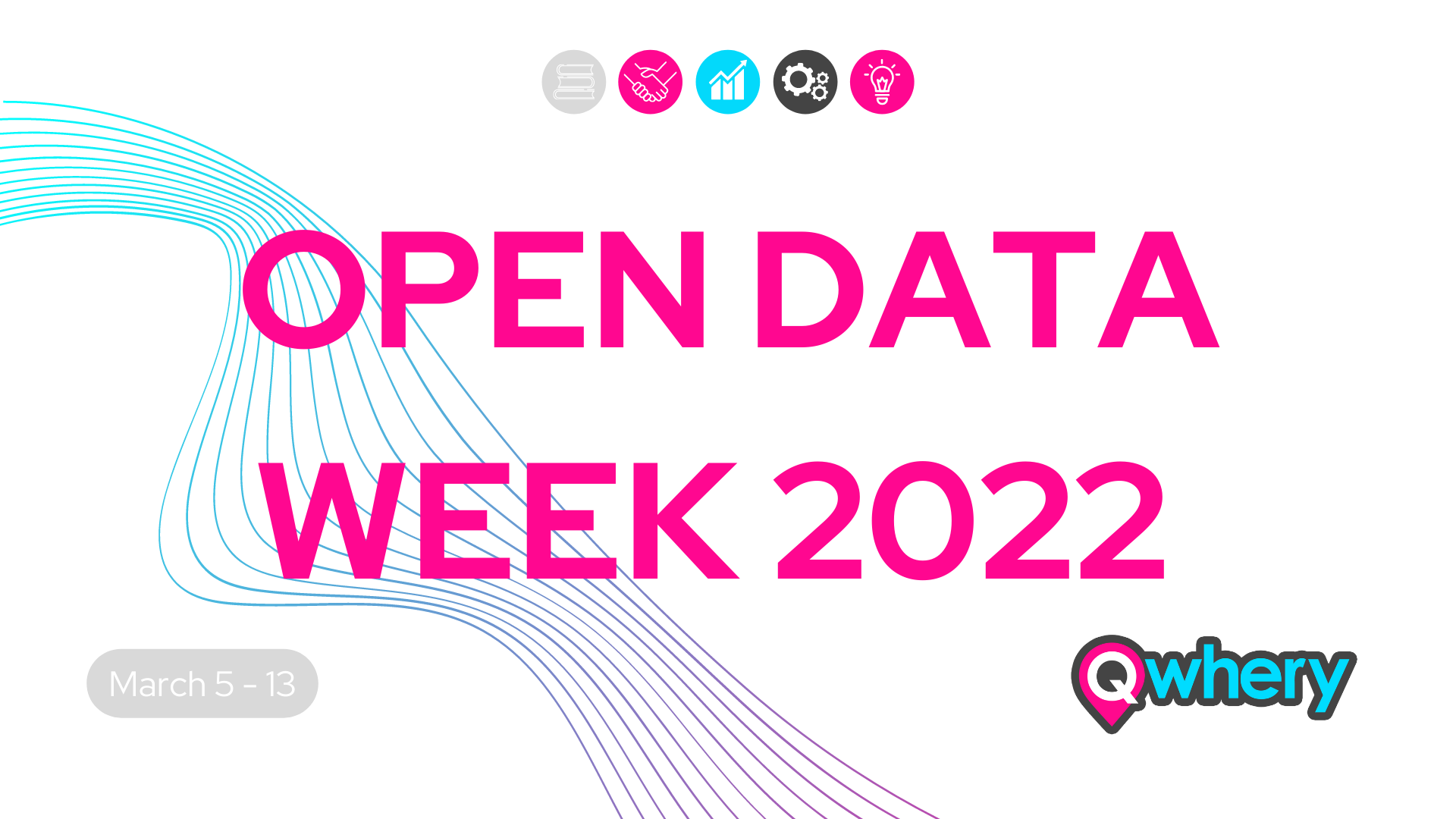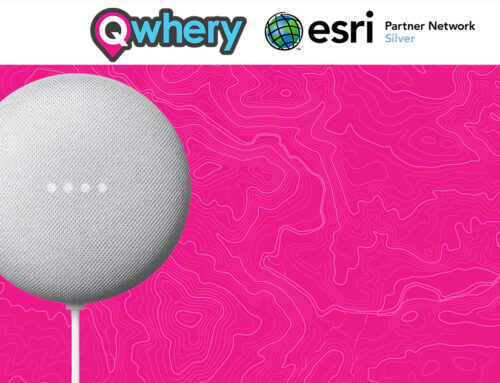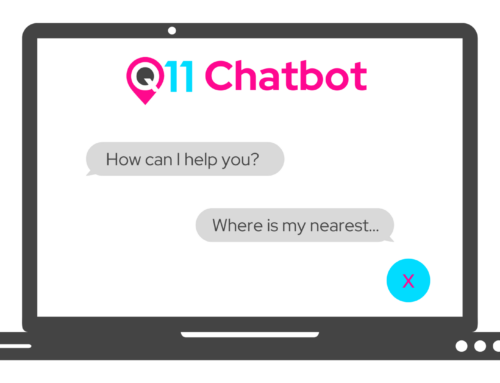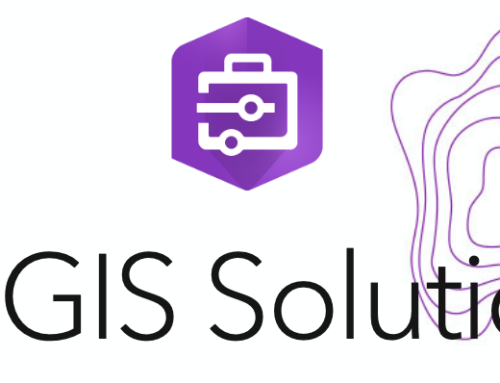BURLINGTON, ON, CANADA – (March 11, 2022) – This week we celebrated Open Data Week, where groups across the globe spread awareness about the benefits of open data use. As a company built from open data, Qwhery spent the week sharing its top 5 benefits for local governments.
Open Data Week
This year, Open Data Week took place from March 5th to the 13th. The week-long event aims to spread awareness to organizations and the public about the benefits of open data, such as increased efficiency, transparency, innovation, and economic growth. Groups like BetaNYC host events and execute initiatives to encourage the adoption of open data policies in government, business, and society as a whole.
Qwhery is a company built from open data and advocates for its release and use by governments and companies. The Qwhery Cloud platform, along with other Qwhery collaboration projects, rely on open data to provide users curated information through sources including local governments’ open data portals.
Open Data
There has been so much discussion about the usage of open data, but for those who may not be as familiar with it, let’s give a run down of what open data really is, and what it’s not. The Government of Canada describes open data as “structured data that is machine-readable, freely shared, used and built on without restrictions.” When deciphering whether certain data is open or not, the key things to remember are availability and access, re-use and redistribution, and universal participation.
- Availability and access: verify that the data is available as a whole and at no more than a reasonable production cost. It must be available in a convenient and modifiable form.
- Re-use and redistribution: the data must be provided under terms that permit re-use and redistribution, such as intermixing with other datasets.
- Universal participation: check that everyone is able to use, re-use, and redistribute. Open data holds no discrimination against fields of endeavor or against persons or groups.
Understanding what open data is also means understanding what open data is not. Not all the data you find is open data, as sometimes governments and organizations are unable to release certain data as open data because of restrictions.
Some of these reasons and related restrictions include:
- Privacy
- Security
- Confidentiality
- Legacy information or data
- Legal and contractual limitations
Let’s Review: Qwhery’s Top 5 Benefits of Local Government Open Data
As you might’ve seen throughout the week on social media, Qwhery did a countdown of the top 5 benefits of local government open data usage. Let’s review them here:
1. Increase local government transparency and build trust in municipal services and community initiatives.

 3. Academic (localized teaching plans based on contextual data). Innovative solutions to municipal problems from our future leaders – youth.
3. Academic (localized teaching plans based on contextual data). Innovative solutions to municipal problems from our future leaders – youth.
4. Local government Internal efficiencies. Removing barriers to accessing data externally, helps organizations break down internal silos for data sharing and collaboration.

Qwhery Helps Local Governments Optimize Open Data Programs
Despite open data’s benefits and transparency, it usually isn’t organized for immediate interpretation. Qwhery works to pair local government and organizations’ open data with spatial location, and links it with voice, chat, and text commands in smart devices—enabled by the Qwhery Cloud. This allows residents to easily obtain and inquire about information relevant to their personal surroundings and needs, ultimately creating meaningful interactions and connections between local governments and their community.
5 Ways Qwhery helps local government get more out of their open data programs:
- Qwhery helps organizations consider standards. How they share their data can impact how quickly students, data scientists, citizens, consumers, can process, analyze and utilize datasets. More standardized data helps to unlock efficiencies across municipal boundaries when similar types of data are shared in a similar format. The Qwhery Cloud allows cities to integrate their raw data endpoints into a platform that standardizes how the data is used within the Qwhery ecosystem.
- Qwhery can connect local government open data to Voice platforms like the Google Assistant and Amazon Alexa to open up a new G-C communication channel…
- Qwhery’s virtual agent can be added to any website or portal to create a chatbot experience that leverages open data, and city knowledge bases, effectively putting city data to work answering citizens questions, and freeing up call taker’s time to handle more complex questions.
- Knowing the status of road repairs, streetlight outages, snow removal progress and other city services is important to citizens and deserves transparent communication between the city and residents. Qwhery can streamline both the capture of deficiencies through voice, chat and text, but also share status updates to community members through conversational interactions.
- Qwhery’s tools allow citizens to access the information they need right away, any time of day, on any device. No wait times.
Looking at all these possibilities for local governments through open data only reconfirms its value and how important it is moving towards the future. As more organizations become aware of how to optimize and promote their open data programs, through integration with tools like the Qwhery Cloud, information will continue to become more accessible and convenient for citizens and customers to receive, creating better connections overall.
Interested in Qwhery’s help in optimizing your company’s open data program? Just want to learn more about how your organization can partner with Qwhery? Let’s Talk!
About Qwhery Inc.
Qwhery Inc, is a leader in implementing voice technology and geographic information systems. Their flagship product, Q11, connects smart home devices and voice assistants to local government open data portals. The Qwhery cloud helps Cities connect the services that they provide to their residents in a way that is truly unique – through smart home technology, open data and community engagement. More information can be found at Qwhery.com. Follow us on Twitter, Instagram, and LinkedIn.







